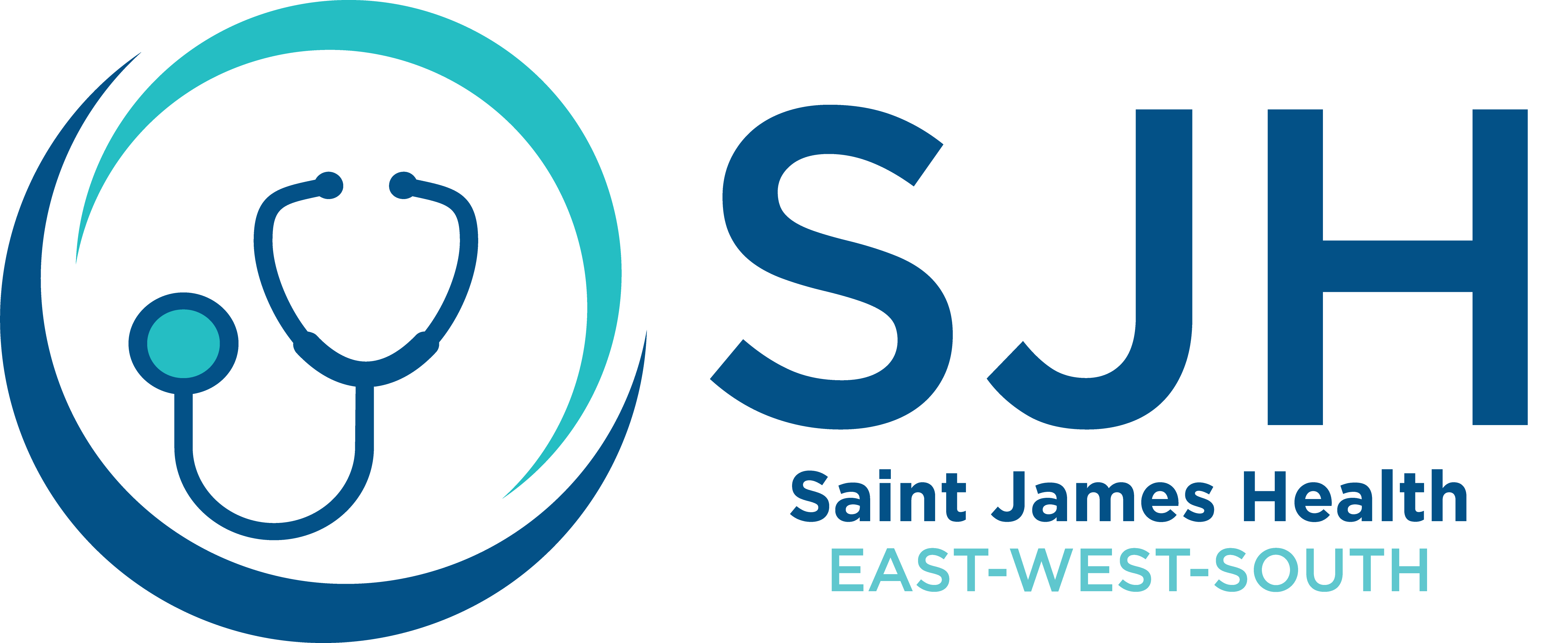Introduction
HIV (Human Immunodeficiency Virus) is a virus that attacks the immune system, which is our body’s natural defense against illnesses. If left untreated, it can lead to AIDS (Acquired Immune Deficiency Syndrome), a severe and often fatal condition. With the advancements in medical science, HIV has become a manageable chronic disease for many individuals. However, early detection and treatment are essential to ensure the best possible outcome. In this blog post, we’ll discuss the importance of getting an HIV exam and how it can empower you to take control of your health.
Why Get Tested for HIV?
- Early Detection is Key
The most significant benefit of getting an HIV exam is early detection. If you are aware of your HIV status, you can begin treatment as soon as possible. Early treatment has been shown to significantly improve the long-term health of individuals living with HIV, lowering the risk of AIDS-related complications and potentially extending their life expectancy.
- Prevent Transmission
Getting tested for HIV helps prevent the spread of the virus to others. If you are aware that you are HIV-positive, you can take steps to protect your sexual partners from contracting the virus. This includes practicing safer sex, using condoms and PrEP (pre-exposure prophylaxis), and ensuring your viral load is undetectable through effective treatment.
- Peace of Mind
If you are sexually active, knowing your HIV status can provide peace of mind. A negative test result can alleviate the fear and anxiety that comes with not knowing, and a positive result will empower you to take control of your health and seek appropriate treatment.
- Prenatal Care
For pregnant individuals or those planning to become pregnant, getting tested for HIV is crucial. If an expectant parent tests positive for HIV, early intervention and treatment can significantly reduce the risk of passing the virus to their baby during pregnancy, birth, or breastfeeding.
- Normalize Testing
By getting tested regularly and encouraging others to do the same, we can work towards normalizing HIV testing as part of routine healthcare. Reducing the stigma surrounding HIV testing can lead to increased testing rates and earlier detection, ultimately benefiting public health.
When Should You Get Tested?
It is recommended that everyone between the ages of 13 and 64 get tested for HIV at least once as part of their routine healthcare. However, individuals with certain risk factors should get tested more frequently. These risk factors include:
- Having multiple or anonymous sexual partners
- Engaging in unprotected sex
- Sharing needles or syringes for drug use
- Having a sexually transmitted infection (STI)
If you are unsure about your risk level or how often you should be tested, consult your healthcare provider.
Conclusion
Getting an HIV exam is a crucial step in taking control of your health and well-being. Early detection can significantly improve the quality and length of life for those living with HIV, and knowing your status can help prevent the spread of the virus to others. By getting tested and encouraging others to do the same, we can work together to reduce the stigma surrounding HIV testing and promote a healthier society. Remember, knowledge is power – so empower yourself by knowing your HIV status.




 Hi! I`m an author of this blog. Read our post - be in trend!
Hi! I`m an author of this blog. Read our post - be in trend! 


